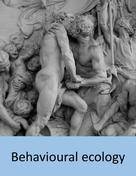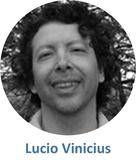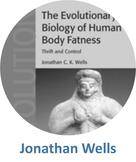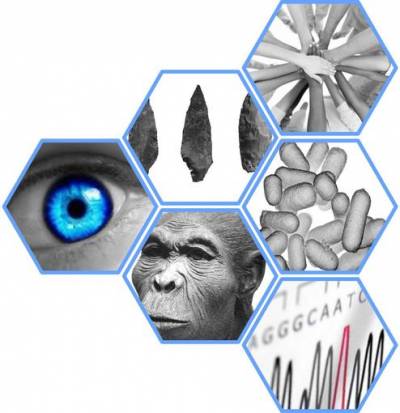" Human Behavioural Ecology
 |
Behavioural ecologists make hypothesis about how behavioural
variation can be understood as an adaptation to local ecology, and have a
strong tradition of testing their models with data from natural populations. Hypotheses are often based on formal models
that maximize inclusive fitness, given explicit assumptions about costs,
benefits and constraints. Human behavioural ecologist have studied groups ranging from traditional hunter-gatherers to modern urban populations. 'Natural experiments' (where one population experiences some change in environment and another does not) are particularly useful, as are cross-cultural comparative studies. Human behavioural ecologists are also interested in the proximate mechanisms that generate a behaviour, such as genetics, social learning or hormonal mechanisms. As such the field interacts with many human evolutionary sciences including genetics, evolutionary medicine, social and life history evolution, anthropology, evolutionary psychology and cultural evolution. The whole area is often referred to as evolutionary anthropology. |
 Close
Close










